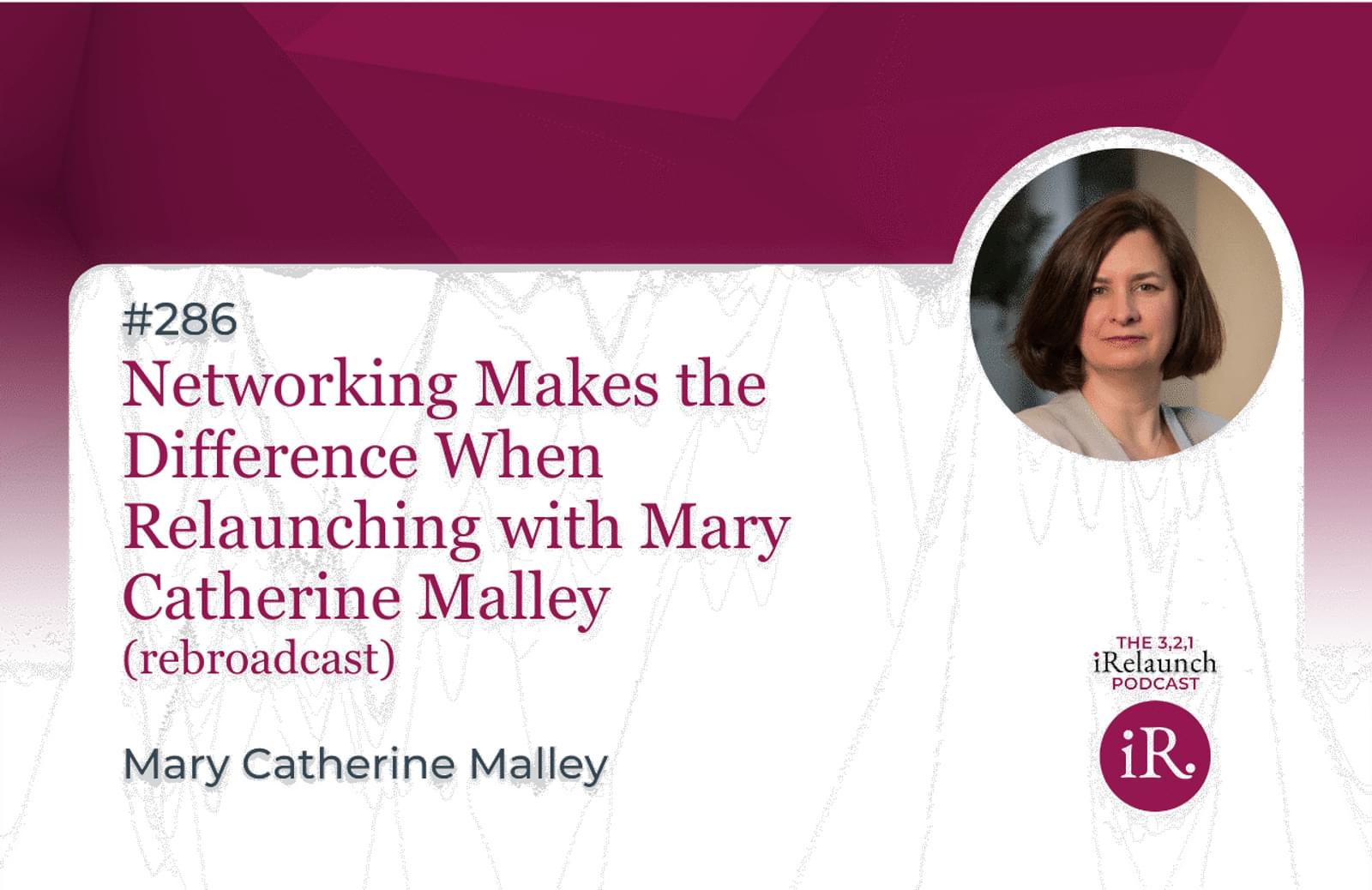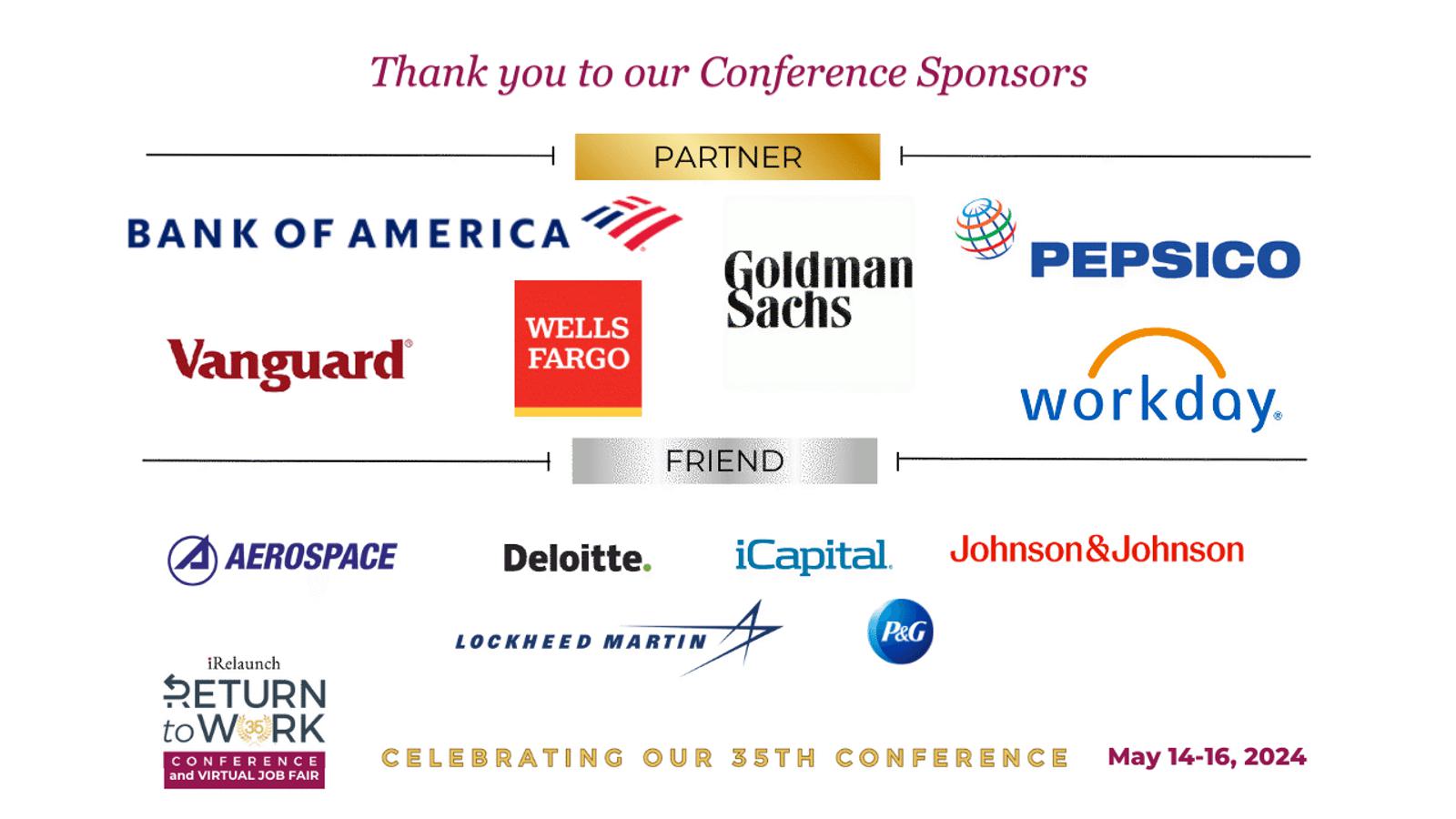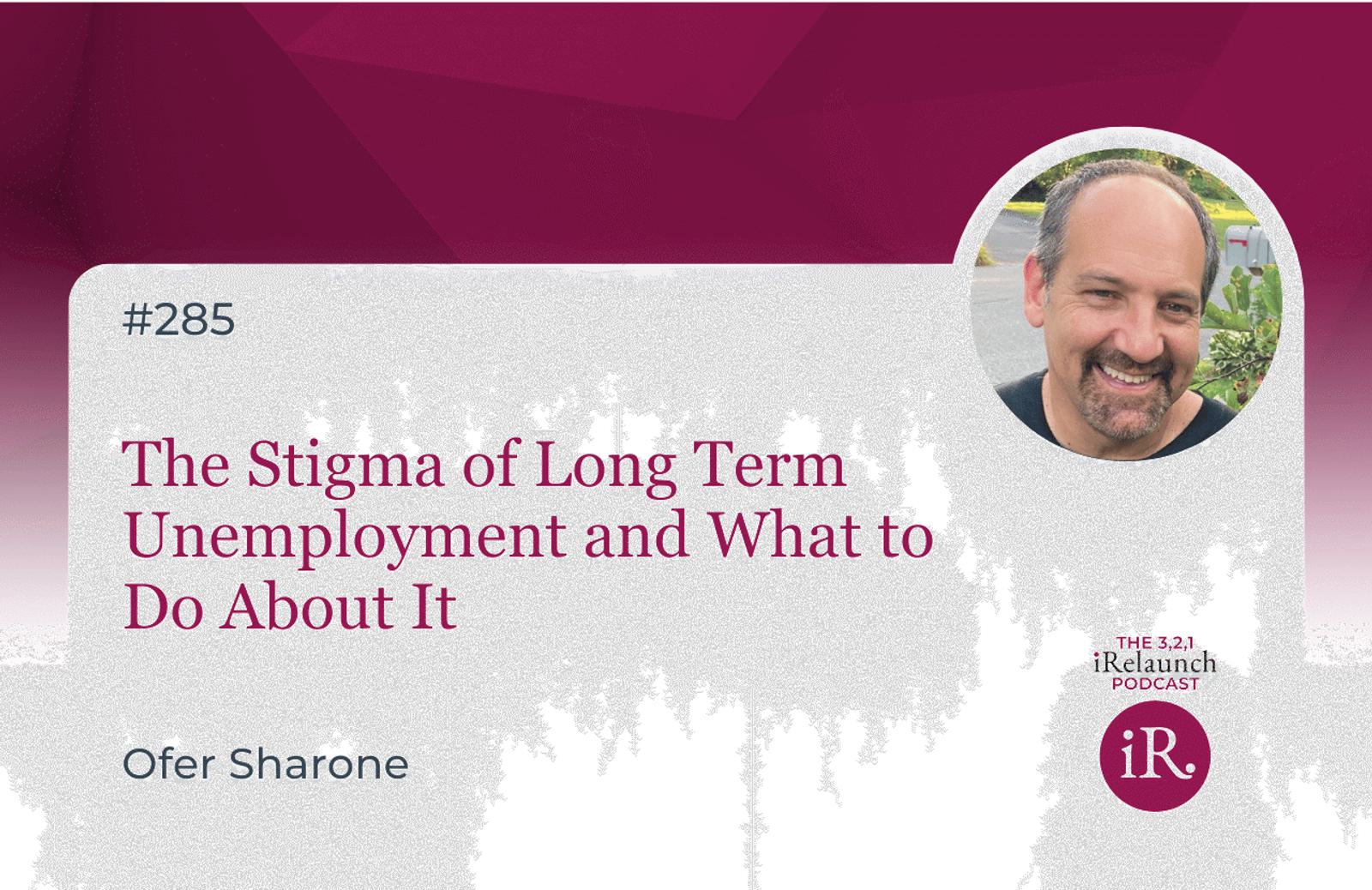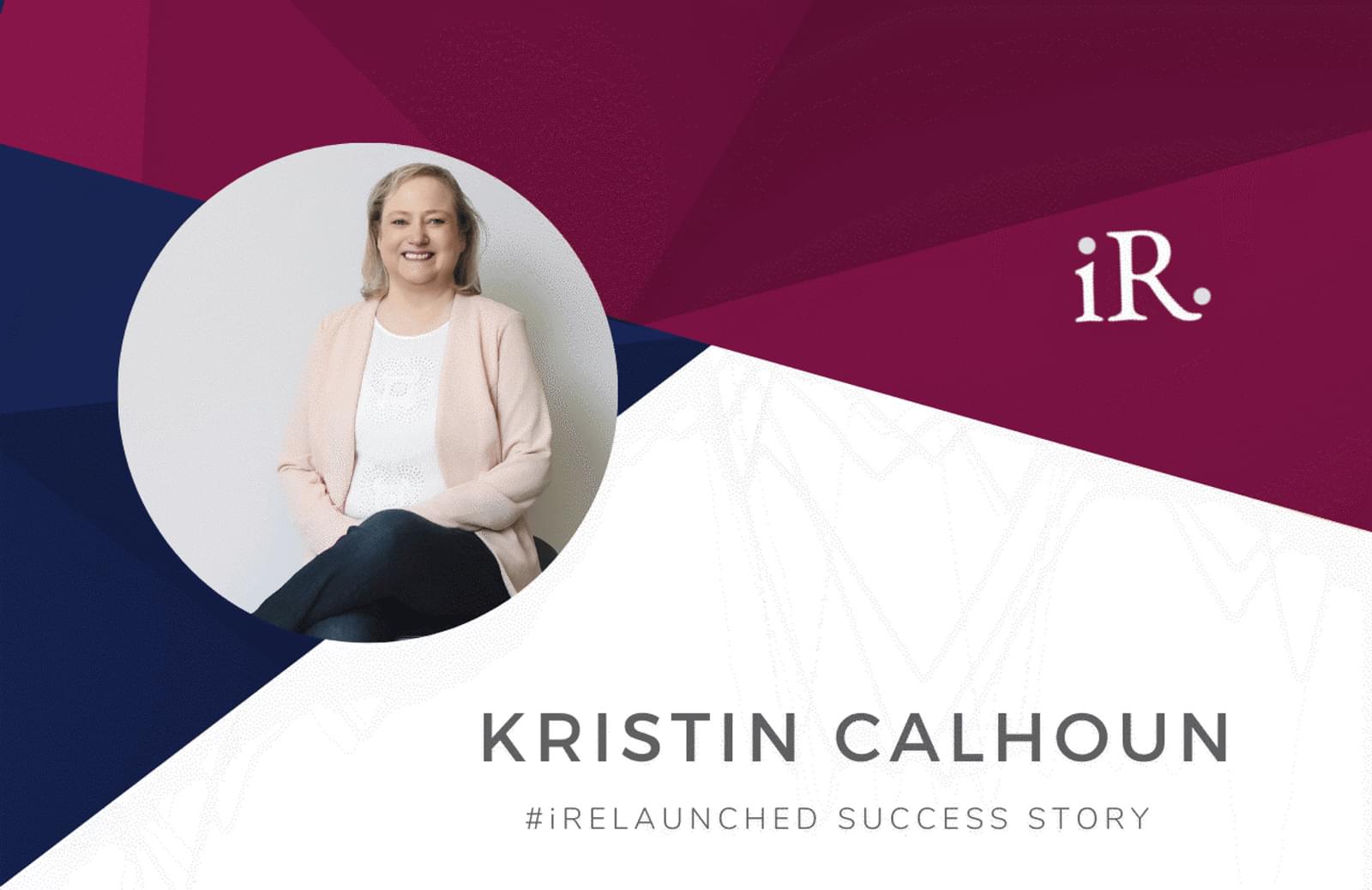Monica, one of my new clients, wants to relaunch her career in the
legal field, after a five-year hiatus during which she focused on
raising her children. She is nervous about this gap in employment and
how prospective employers will perceive her time away from the
workforce.
“How do I talk about this?” she asked in our meeting.
Her anxiety over this issue was palpable, and I immediately felt an
underlying tone of desperation. Monica, like many other relaunchers,
seems uncomfortable and maybe even a bit ashamed of her career break,
which could be related to the all-or-nothing fixation we have on careers
in the U.S. Relaunchers worry that the work gap is a major obstacle in
the quest to land an ideal new job. Often, when you take a career gap,
even if you are convinced that it was the right decision at the time,
you can feel professionally diminished, and you worry that others see
you in the same way. But here’s the thing: It’s not necessarily the gap
that’s in the way of you landing a position -- it’s your mindset about
this topic that can cause you to fumble. If you are self-conscious about
the hiatus, it will show in how you present yourself, which could lead
to the real reason for you not landing the position you desire.
I see many relaunchers unconsciously overemphasize the gap and use
the interruption in their career as the entry point to speak about
themselves. After all, it is the most recent item on their resumé. They
often linger on the topic and use a defensive tone. It is as if the
professional career they had prior to the break doesn’t seem to count.
Monica, who was a partner in a law firm, brings up her volunteering at
the PTSA in conversation before she speaks about the fact that she made
partner in record time, an accomplishment which sets her immediately
apart among her peers. Please do not fall into this trap: It is the
hiatus that should be anecdotal, not your career accomplishments prior
to your gap.
As an Executive and a Career Coach, I focus with many of my clients
on increasing their “positive intelligence” which Shirzad Chamine,
professor at Stanford University, identifies as the percentage of time
our brain is serving us versus sabotaging us. One of my life mantras is:
“What you focus on gets bigger.” I find it shocking how very
accomplished professionals including doctors, lawyers, managing
directors, sales leaders and marketeers, reduce themselves and their
stature in their field to the career break, seeming to forget they have
had an incredibly successful career that accounts for 98% of their
professional value. If you recognize and highlight your accomplishments
while valuing the time off, and you present yourself as the right
candidate for the position, you can project your career history in a
positive light. As a result, the employer will attribute less importance
to your career interruption.
Your resume shows your career in chronological order, and your career
break may therefore be prominently visible, but in an interview you
want to present yourself in a more holistic way. Start by highlighting
who you are - remember you are telling a story about yourself with the
goal of getting the job in question. You want to communicate that you
are the right candidate for the position. Highlight your
accomplishments, skills, strengths, and motivation. Show your enthusiasm
for the position, your keen interest for the company, and be prepared
to discuss how the company’s values align with yours. Emphasize your
willingness to exceed expectations. Make sure to own your time off, and
present it as a conscious decision you made for a clear reason. This
will project confidence and portray you as a strong decision maker, two
characteristics important to career success and leadership.
So, now that your career gap is no longer the focal point of the
conversation, let’s put things in perspective: Even though iRelaunch and
its Chair and Co-founder Carol Fishman Cohen have created great impact
in destigmatizing career breaks, work interruptions can still be
perceived negatively by employers, and some maintain an unconscious bias
against them. There are some legitimate concerns. In a rapidly changing
world, employers wonder if you have stayed up to date with your field,
your industry, and the latest technology. They are also keen to see that
you have further developed yourself during this period, even if your
reason for taking time away was to attend to family matters. Lastly,
some of the employers’ fear stems from their worry about your readiness
to return to work, and they may be afraid that you will drop out. Thus,
your attitude about your gap and how you discuss it is critical and can
make the difference between you landing a position or not.
When you are asked about the gap, you want to proactively address
these fears. First, be honest about what you did and why. Whether you
took a break to take care of kids or your parents, embark on a major
move, or travel, just explain the facts and then immediately move on to
the reasons why you are very excited to return to work. For some people,
the gap provided clarity, or the circumstances why they took the gap
have changed; these explanations should be part of your discourse. Speak
briefly about relevant experiences during your break - whether you
engaged in consulting, project work, took on community leadership
positions or enrolled in classes. Prior to your interview, identify how
some of these acquired skills will apply in the new job and practice
discussing that. Being straight-forward and authentic about your
decision to take a break and your choice to return to work will
demonstrate your credibility and integrity, qualities that are highly
valued in the professional world.
Lastly, in order to master the interview that will likely include the
sensitive topic of a career break, you must prepare very well - really,
over-prepare. It’s easy to sound vulnerable when talking about
something that makes you uneasy. You can rehearse interviewing with a
friend, a former colleague or hire a coach to help you develop your
talking points and practice your delivery.
Readiness, your positive perspective on your career gap, and your
knowing you can do the job in question will help you exude confidence
which is critical in any job search, especially a relaunch. Research has
shown that success correlates just as closely with confidence as it
does with competence. It’s been demonstrated that if you show up
confidently, you are perceived as more competent than those who don’t
display self-assurance. In turn, this will increase your chances for
landing the position. This is the mindset you want to have regarding
your break - don’t defend it, embrace it. And certainly, don’t let it
define your professional identity.





